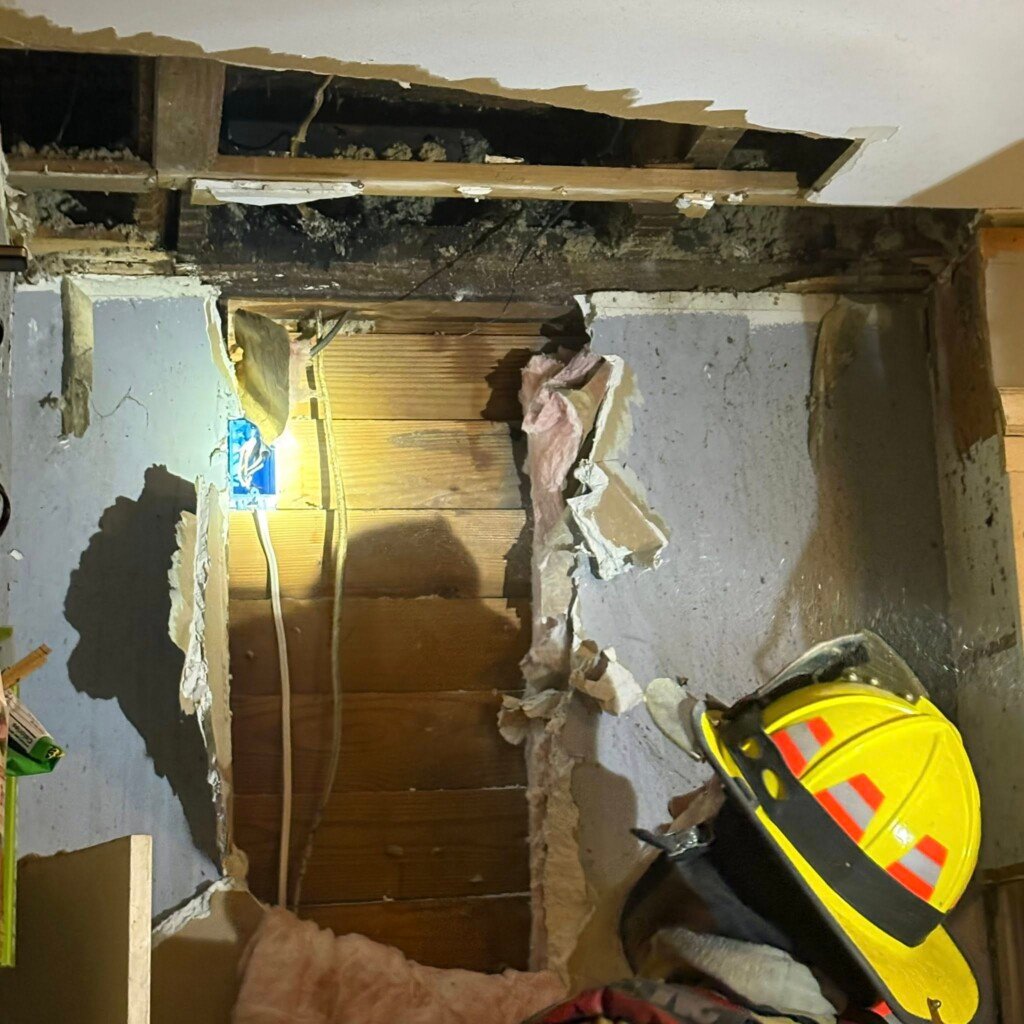Delaware Housing Alliance Report: 1/3rd of homeless in Delaware are children under 18
DELAWARE- A new report from the Delaware Housing Alliance finds that homelessness and eviction have risen in the first state between 2019 and 2022.
In Sussex County, the report found that one-third of the population has faced homelessness, with one-third being children under 18-years-old.
“That’s not always what people picture when they picture homelessness, the extent to which homelessness has increased since 2019 is alarming,” said Delaware Housing Alliance Executive Director Rachel Stucker.
Stucker says the report measured those currently using government services such as rented hotel rooms, shelters and rental assistance, to track the rates of insecure housing and homelessness. The numbers showed growth across all groups, but not evenly.
“It really is upsetting to see that the number of families with children tripled from 2019 to 2022 and that the number of single people doubled,” she said.
The sample drawn during the report found that on a given night, 2,300 people were sleeping in shelters or hotel rooms provided by the state.
The findings point to a growing lack of affordable housing in Sussex County as a major factor, combined with rental increases and a lack of required legal counsel during eviction proceedings.
CLASI works to provide legal counsel to those facing eviction courts, but they say despite a Delaware Supreme Court ruling that allowed for non-lawyers to serve as counsel during those proceedings, and increasing their own staff, they are still seeing the vast majority of cases proceed with no representation for tenants.
“The need is crushing and we are not meeting it, even with us taking as many cases as we can we are representing less than 5 percent of tenants in landlord-tenant court,” said CLASI Housing Managing Attorney Sarah Spangler Rhine.
Rhine tells us her group has to triage clients, many of whom face certain homelessness or worse if the action taken against them were to go in the landlord’s favor.
“We have clients, elderly clients, who have serious disabilities, clients on dialysis and if they get evicted they are facing homelessness in a state that is incredibly vulnerable to serious health conditions or death,” Rhine said.
She says evictions had ramped up in the state prior to the pandemic, in a way that she believes cannot be explained only by landlords acting against tenants with severe delinquent payments.
“There were between 17,000 to 18,000 evictions filed in 2019, this indicates landlords are not just using evictions to remove problem tenants from their units they are using them as a means of rent collection,” Rhine said.
Rhine tells 47ABC she suports a measure raised by the legislature to create state based funding and staffing for legal represenation for the evictions courts, enshrining a right to representation during eviction proceedings in the state constitution.
Rhine tells 47ABC from the cases she has seen, tenants can fall into a few different classes.
For some, the rent was raised to an unaffordable level, and after failing to make payments, an eviction was filed against them.
A majority of those facing evictions did not appear in court, with many who did appearing without legal counsel.
However, others were able to apply for rental assistance to help close the gap between their pay and the rent, only to have those vouchers rejected by landlords as acceptable forms of payment, an option that a new bill in the Delaware General Assembly hopes to remove this coming session.
“The current law in Delaware allows landlords to discriminate against tenants who receive rental assistance, meaning if they have a rent of 1,000 dollars, and Delaware Housing Assitance Payments (DEHAP) can close a gap of 400 dollars for a 1,400 dollar rent the landlord can refuse, sometimes even before the tenants apply,” Rhine said.
According to Rhine, some tenants never missed any payments.
Instead, their landlords chose to not renew the lease, with tenants being evicted after failing to find new housing within the 60-day window allotted.
“With affordable housing being so rare, if the lease isn’t renewed tenants have no place to go and in 60 days they can file to evict, and in this state that eviction can follow them for a long time to future housing, even if it’s ruled in the tenant’s favor,” Rhine said.
Stucker tells us those families can be flagged as homeless due to their interactions with rental payments or eviction courts, but she tells us a new category is emerging in the state that leaves them unable to be tracked with current methods.
“There are people who are leaving their homes when their landlords threaten eviction, these are not counted by the courts but they are still a coervice practice and in effect an eviction, these people stay with family members, the couch surf,and many still work,” she said.
“Our housing crisis is a lot more invisible and a lot deeper in our communities than we liek to think that it is,” she said.


